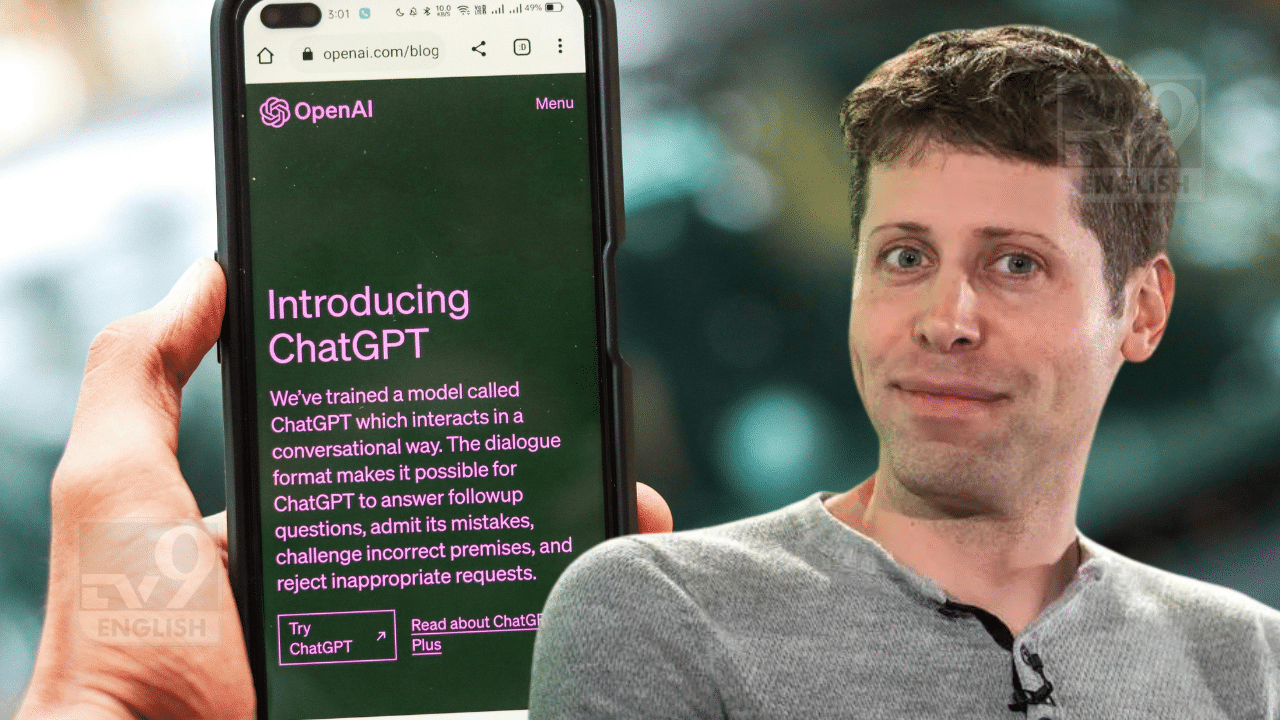New Delhi: OpenAI CEO Sam Altman has said something many people didn’t expect: don’t trust ChatGPT blindly. In a new podcast episode released by OpenAI, Altman spoke candidly about how users are putting too much faith in the chatbot, even though it still gets things wrong. The conversation touched on the tool’s flaws, growing legal trouble, and even Altman’s recent shift in views about hardware and AI’s future.
The comments come at a sensitive time for OpenAI, which is facing lawsuits and scrutiny from major media houses, including The New York Times, over copyright concerns. Altman’s statements seem to be part of a broader push for transparency as the company adds new features and prepares for what’s next.
Altman says ChatGPT still makes things up
Altman didn’t sugarcoat anything. Speaking about ChatGPT on OpenAI’s official podcast, he said, “People have a very high degree of trust in ChatGPT, which is interesting, because AI hallucinates. It should be the tech that you don’t trust that much.”
Even as OpenAI adds features like memory and considers ad-supported models, Altman said the core tech isn’t fully reliable. “We need to be honest about that,” he added. “It’s not super reliable.” These aren’t small remarks. Coming from the CEO of the company that created ChatGPT, it reads like a public warning label.
At the same time, ChatGPT is being integrated into more apps, tools, and even workplaces. But its accuracy still has gaps, and Altman seems to want users to be cautious, not careless.
Ongoing lawsuits put more heat on OpenAI
Altman’s remarks also land amid legal battles. The New York Times has filed a case against OpenAI over how the chatbot allegedly uses published articles to train itself. OpenAI hasn’t denied that its tools are trained on internet content, but it’s been facing pressure to show more accountability.
There’s been concern about how much of what AI generates is based on copyrighted content. Altman acknowledged the importance of being open about the flaws, as the lawsuits could shape how AI companies operate in future.
Altman changes stance on hardware and AI needs
In another podcast hosted by his brother Jack Altman, the OpenAI CEO made a surprising admission. After saying earlier that AI wouldn’t need special new hardware, he now thinks otherwise. “Current computers were designed for a world without AI,” Altman said.
He’s now talking about future systems being more aware of surroundings and users’ needs. This could lead to devices that work beyond the traditional screen-and-keyboard format. Maybe voice and sensors will play a bigger role.
“Systems will be way more aware of their environment,” he said, hinting that AI hardware will evolve fast as expectations from users grow.
